
The Aquatic Seder
We never know how Shabbat, Passover, the wedding or anything else that we plan will begin. But, there is one vital element that we must include in preparing…

Translated by Rabbi Lazer Brody
I learned that the main preparation for Seder night is emuna, not only from my rabbis and teachers, but from personal experience.
Years ago, I told my wife: "This year, we'll pray early so that we can conduct a complete and leisurely Seder and finish by midnight. Inform our guests that we'll be praying early and starting early." That didn't help much, because one of the couples arrived an hour and a half later. Patiently, we waited for them. I told my family, "This is what Hashem wants." In the end, I had to rush through the Seder, not as I had planned, but as Hashem had planned…
Another year, we invited a non-observant family to our home for Seder night. We arranged a separate guest apartment for them so they could have their privacy. When the evening of the Seder arrived, they lost their key. They felt like they couldn't come to the Seder table because they hadn't changed into their holiday clothes and they lost their self-composure. Meanwhile, we tried to find them an alternate key and it was taking a long time. I told my family, "This is what Hashem wants – He wants us to start late."
Another one of my students who heard my lecture that the Passover Seder begins with emuna came home from the Passover evening prayers, enthusiastic about beginning the Seder. While he was in the synagogue, his exhausted wife decided to lie down and rest. In the meanwhile, one of the faucets in the house was left running and their whole apartment was flooded with water. The wife woke up suddenly and found herself ankle-deep in water. She was terrified at how her husband might react. She was broken- hearted, having worked worked so hard to prepare for Seder night, and now this. But, her husband had Divine assistance; he understood that this was a test of his emuna, so he didn't lose his temper. He figured that Hashem wants him to begin his Seder with a mop in hand.
hearted, having worked worked so hard to prepare for Seder night, and now this. But, her husband had Divine assistance; he understood that this was a test of his emuna, so he didn't lose his temper. He figured that Hashem wants him to begin his Seder with a mop in hand.
The wife was amazed when she saw her husband calmly take the mop in hand, and as if he were merrily playing hockey, he was mopping the water out the front door. Meanwhile, he was singing and dancing the whole time. Later, he found out that one of his small children had opened the faucet to the washing machine in the laundry room while his wife was sleeping. He closed the faucet and continued mopping water for another two hours. Then, he and his wife sat down to Seder. He told me that they never had such a meaningful Seder their entire lives.
One doesn't merit spiritual gain without being tested first; this is a fact of life. By withstanding a difficult beginning in any situation, whether it is unexpected mishaps, delays or whatever, a person ultimately merits the light of redemption. This is something we must remember all year long, not just at Passover. Activating our emuna insures success.
Emuna must come first, before our own plans and desires. Emuna means gladly and lovingly accepting Hashem's plans and desire. Anyone who appraises a difficult situation with eyes of emuna will smoothly and successfully overcome the difficulty.
We never know how Shabbat, the Passover Seder, the wedding or anything else will begin. Sure, we do our best that everything goes according to plan. But, when it doesn't, we automatically must switch off logic – which tells us that things aren't good – and activate emuna, which tells us that everything is for the best, for this is what Hashem wants. With an emuna attitude, a person sees tangible salvation.
Whenever you encounter a challenging situation, tell yourself, "Hashem is running my life and it's all for the best. I'll be happy and I'll even thank Him for what seems to be difficult, for whatever He does, it's great, for it is giving me the light of emuna and redemption."


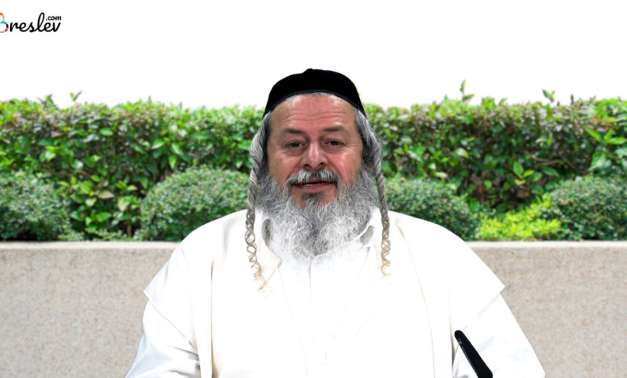
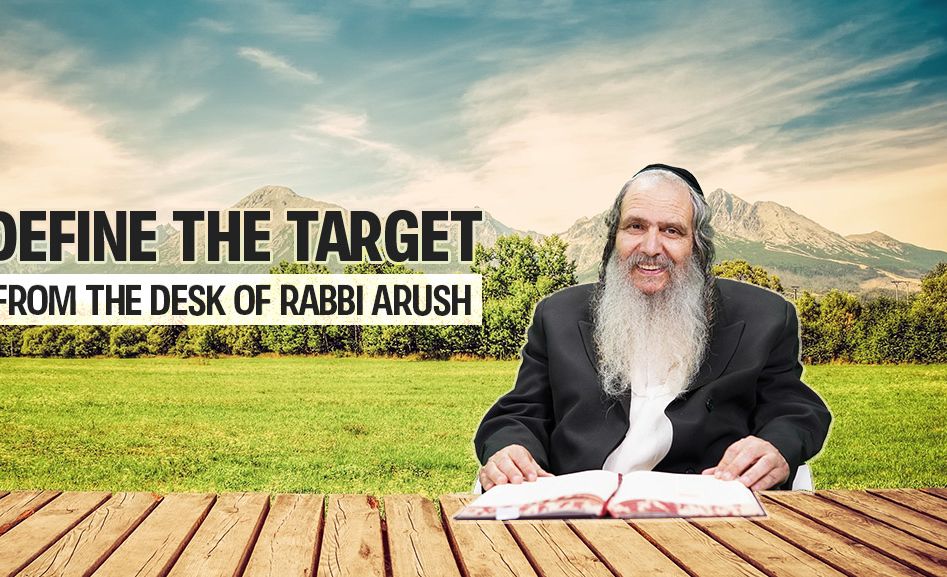
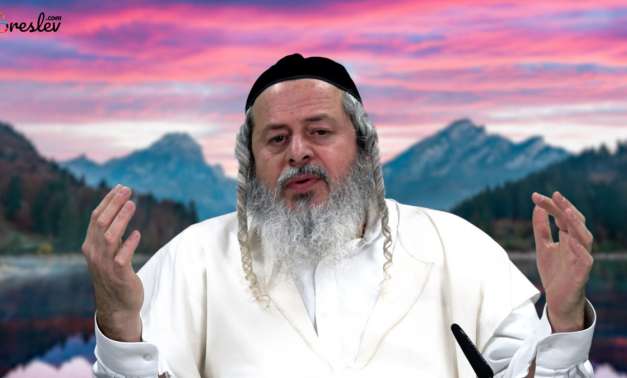




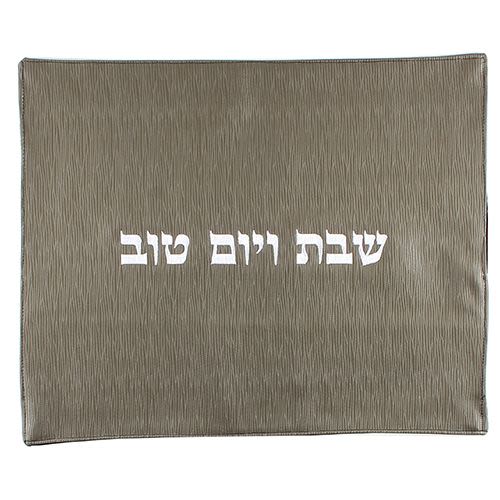
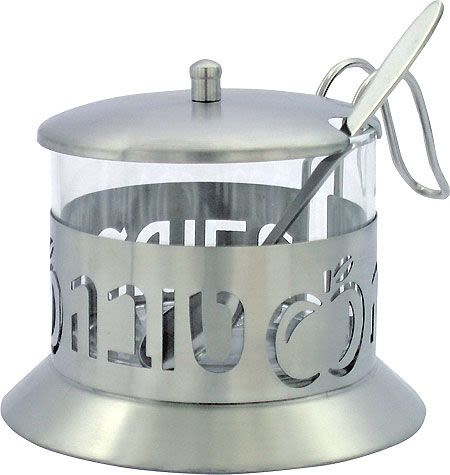
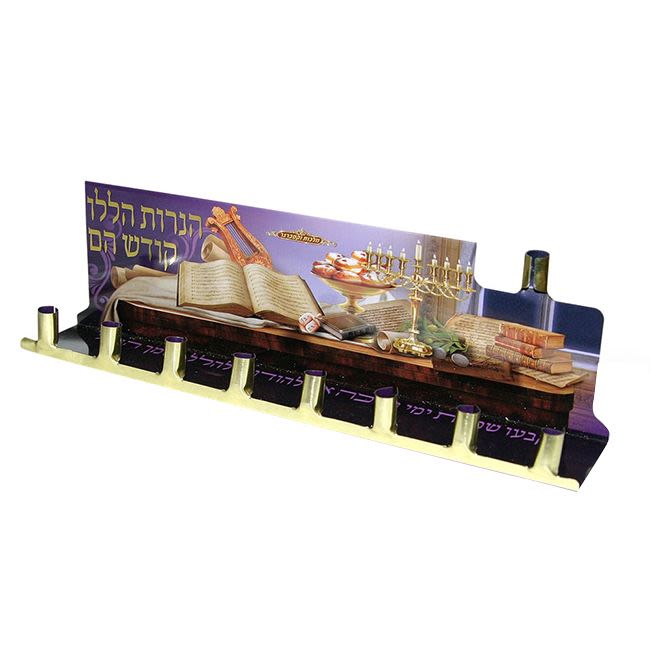
4/09/2017
It’s not so easy
It's not so easy to be sincere and say thank you when each day is just another day in a long procession of failures Meaning it when saying thank you is super difficult and sometimes it's just not possible . so do you say thanks Hashem and then say but I don't mean it bc Hashem knows the thanks are not with sincerity or is it best to not say thanks at all?
4/09/2017
It's not so easy to be sincere and say thank you when each day is just another day in a long procession of failures Meaning it when saying thank you is super difficult and sometimes it's just not possible . so do you say thanks Hashem and then say but I don't mean it bc Hashem knows the thanks are not with sincerity or is it best to not say thanks at all?